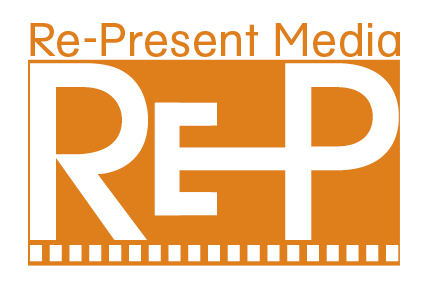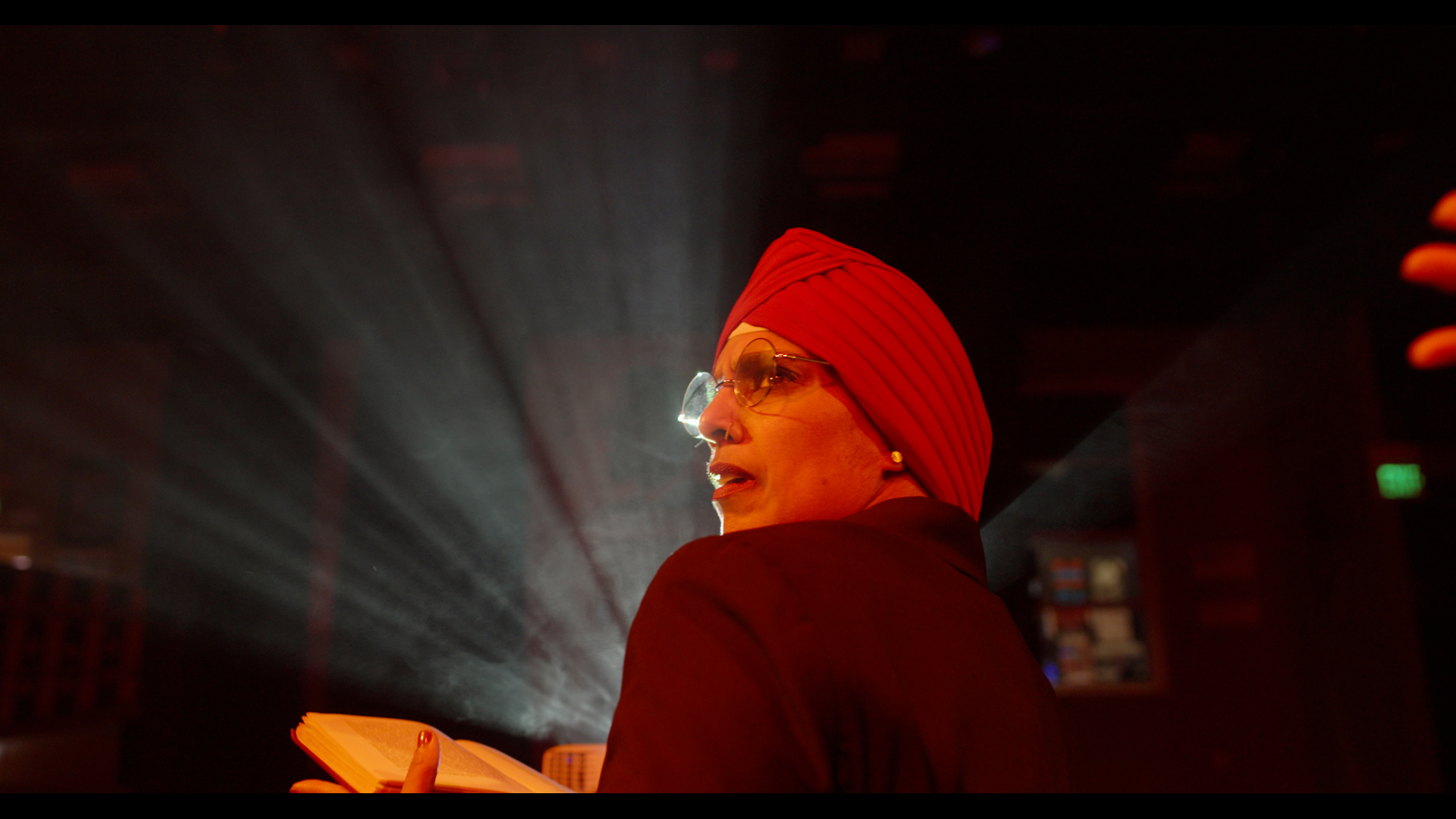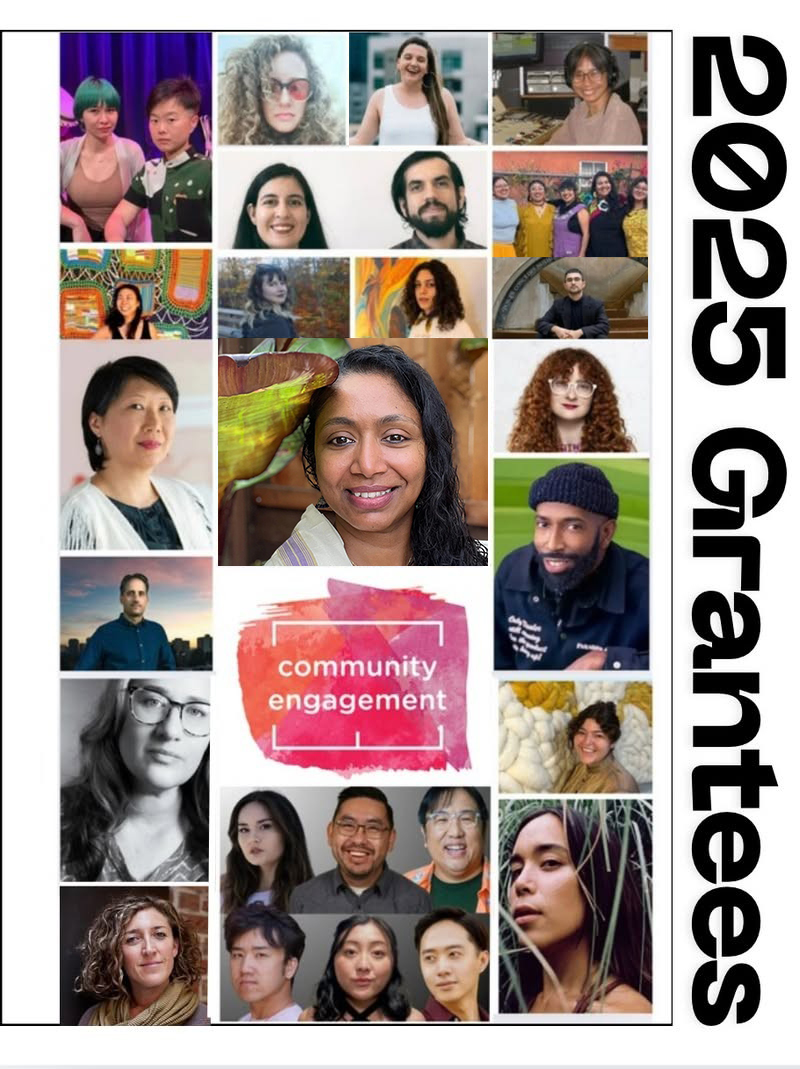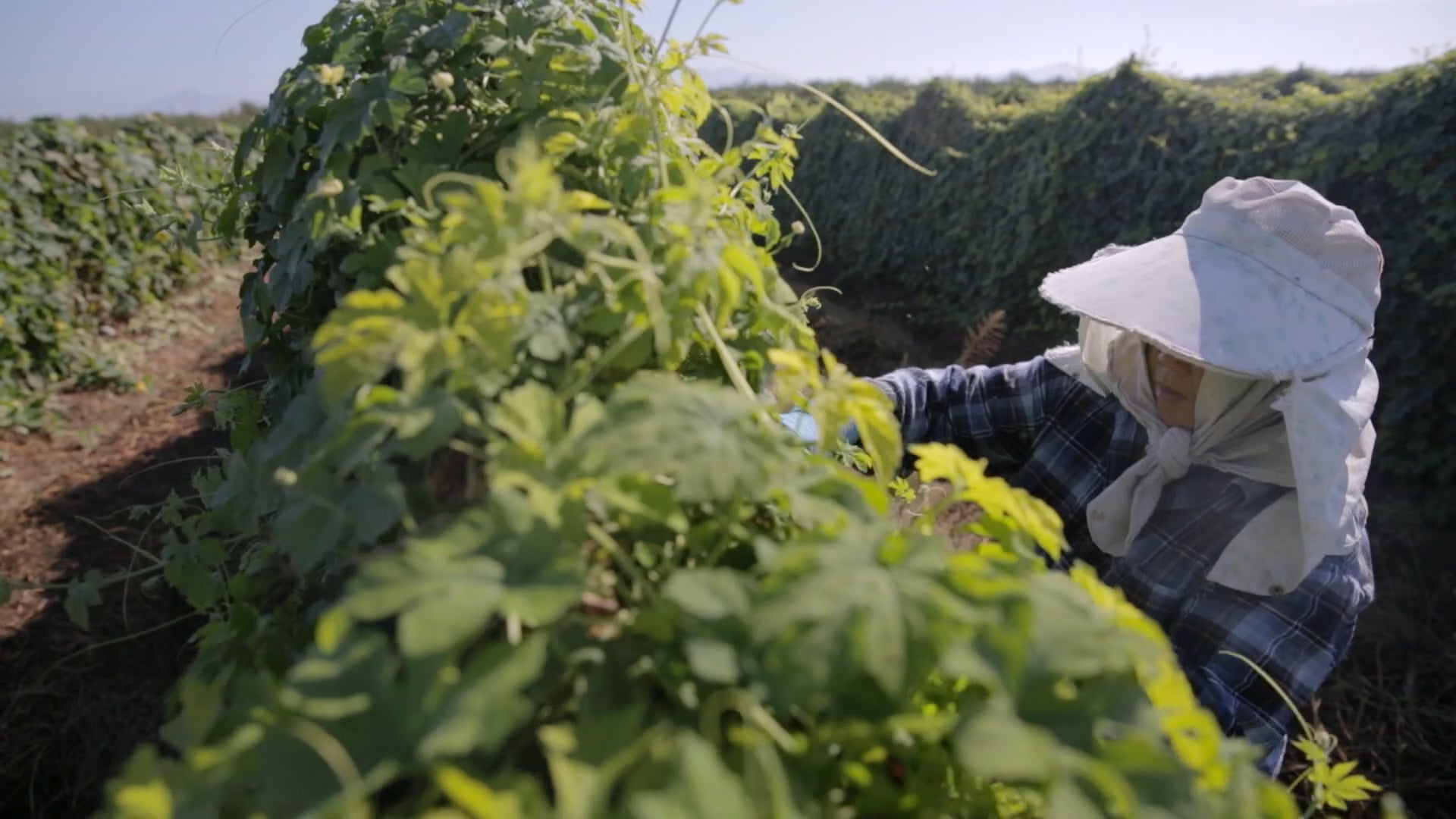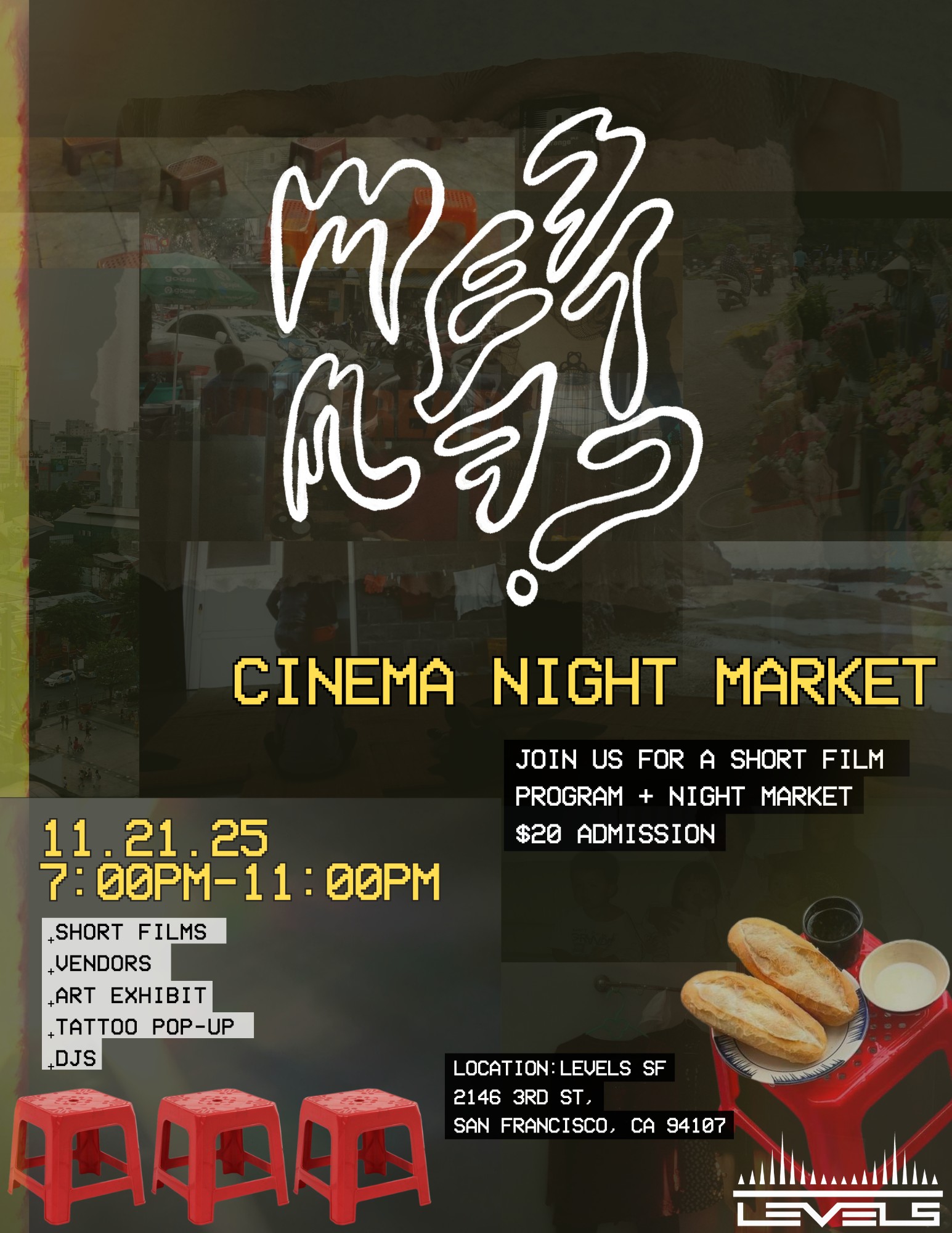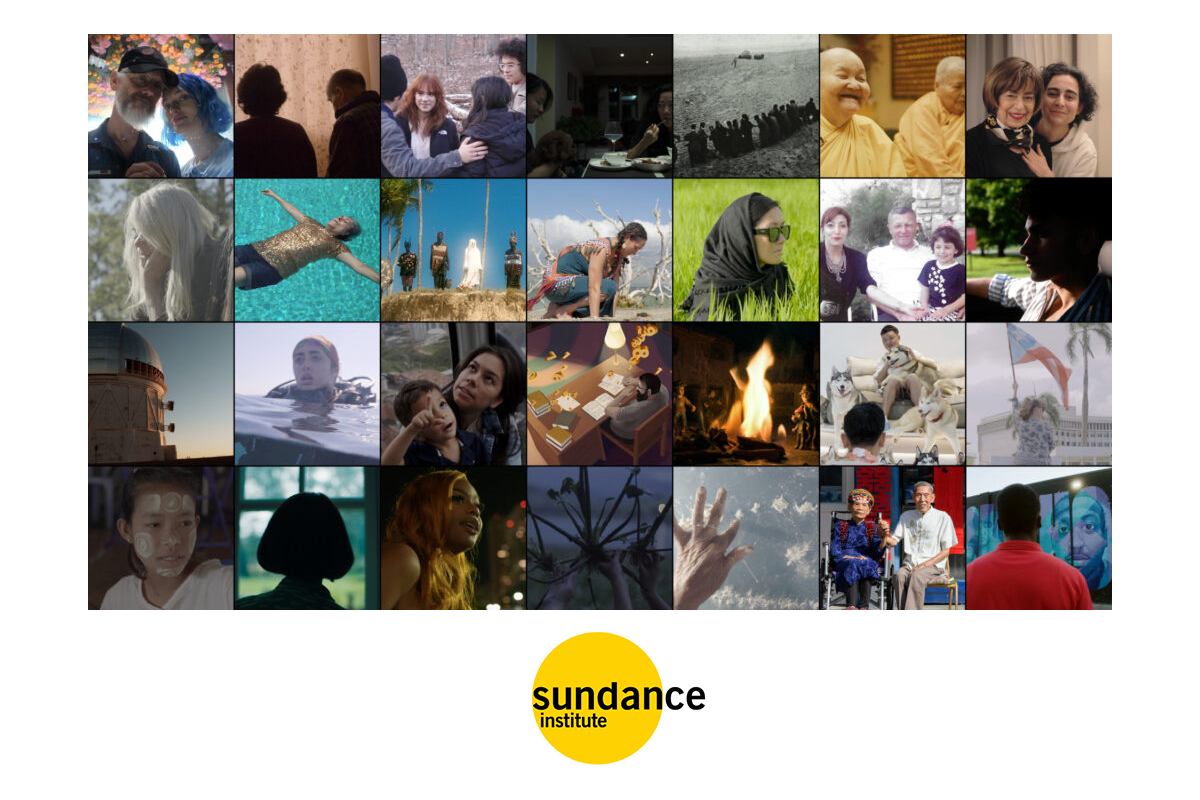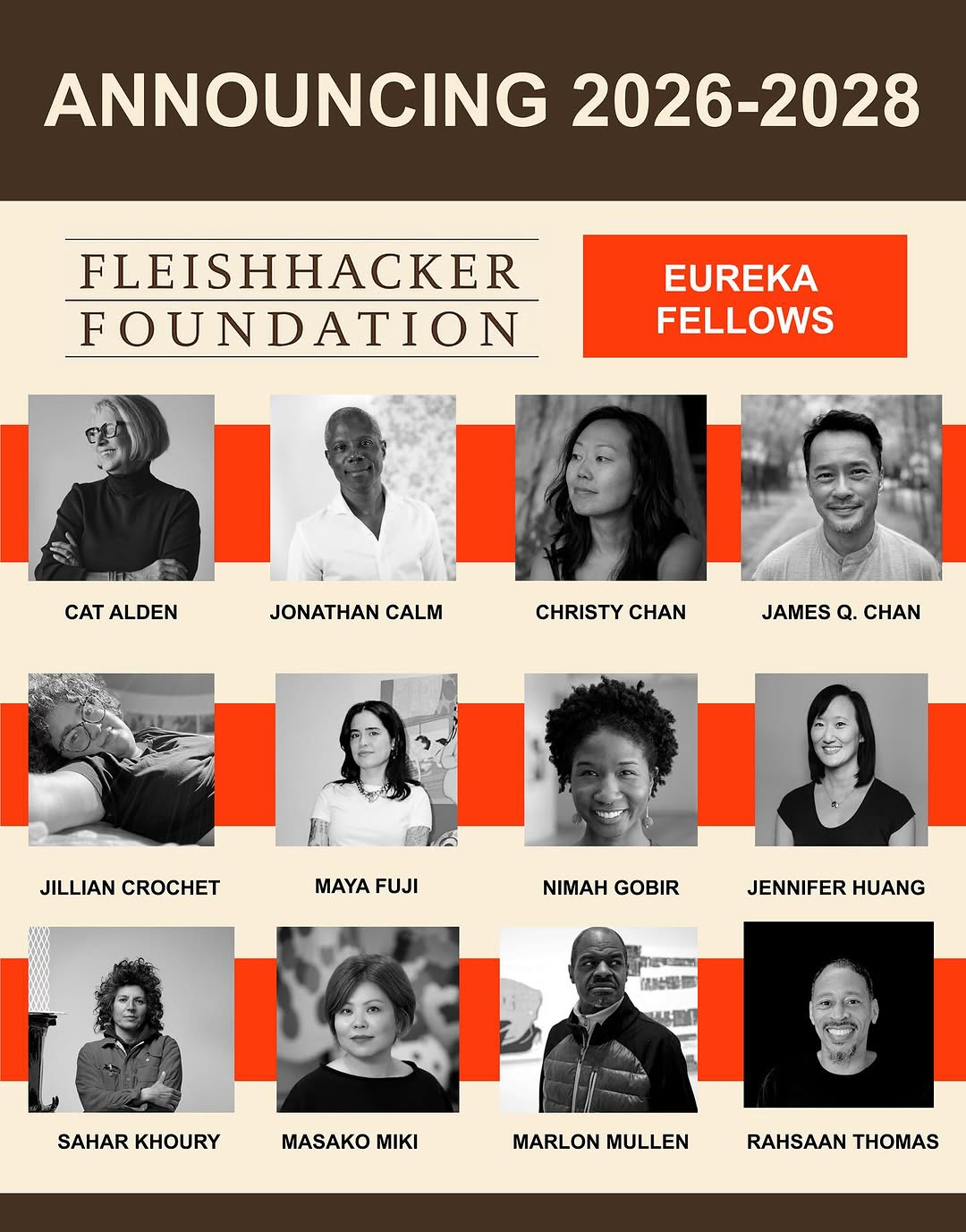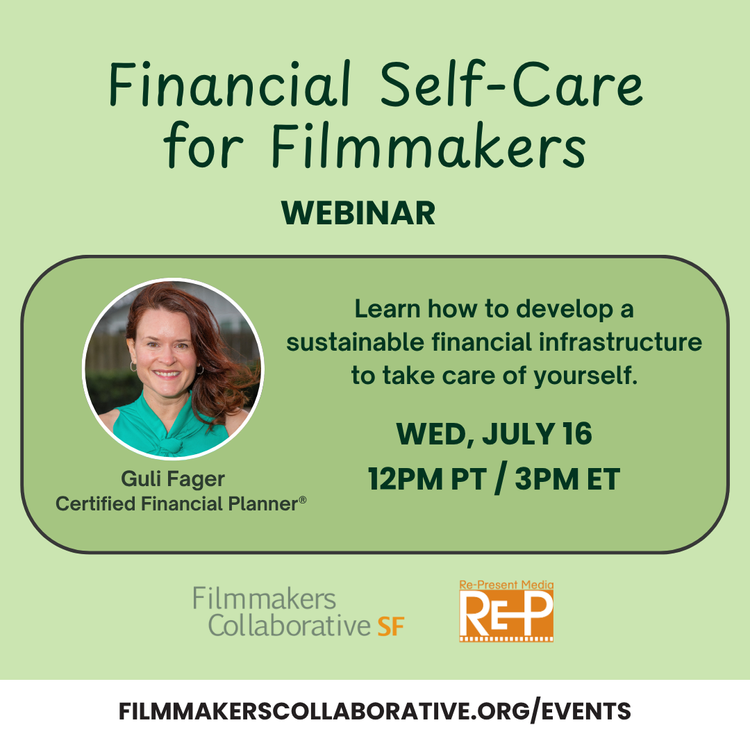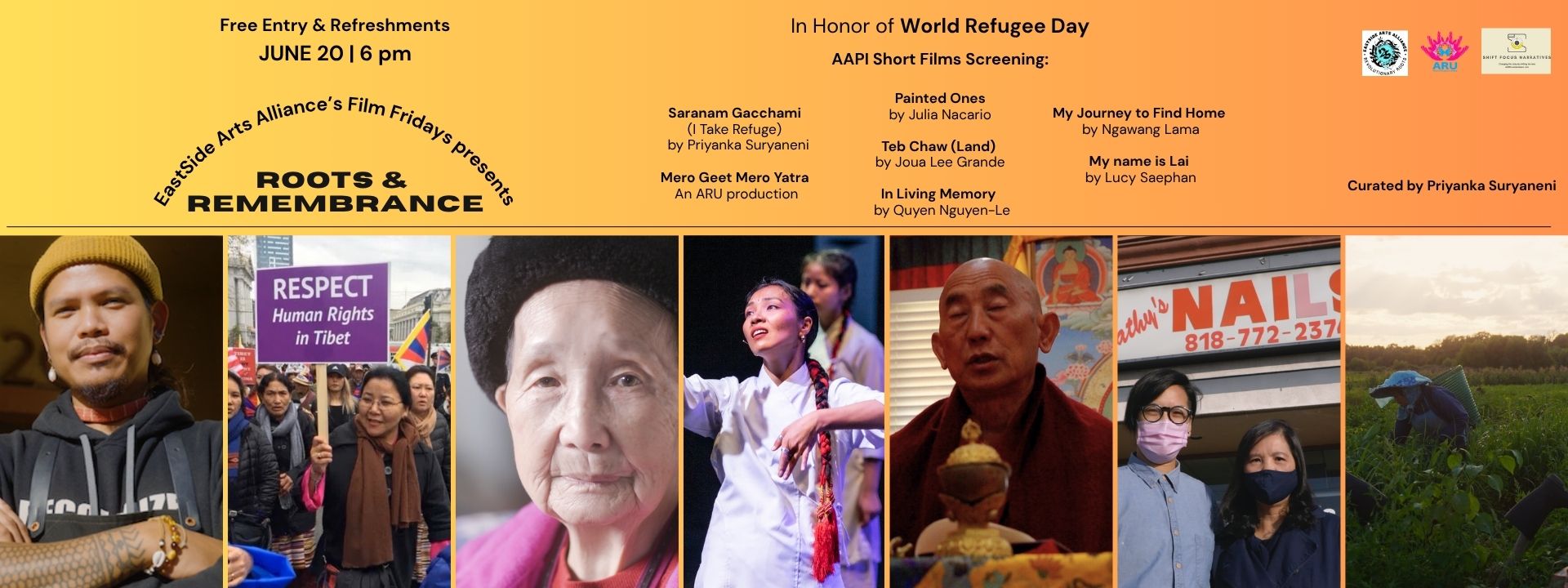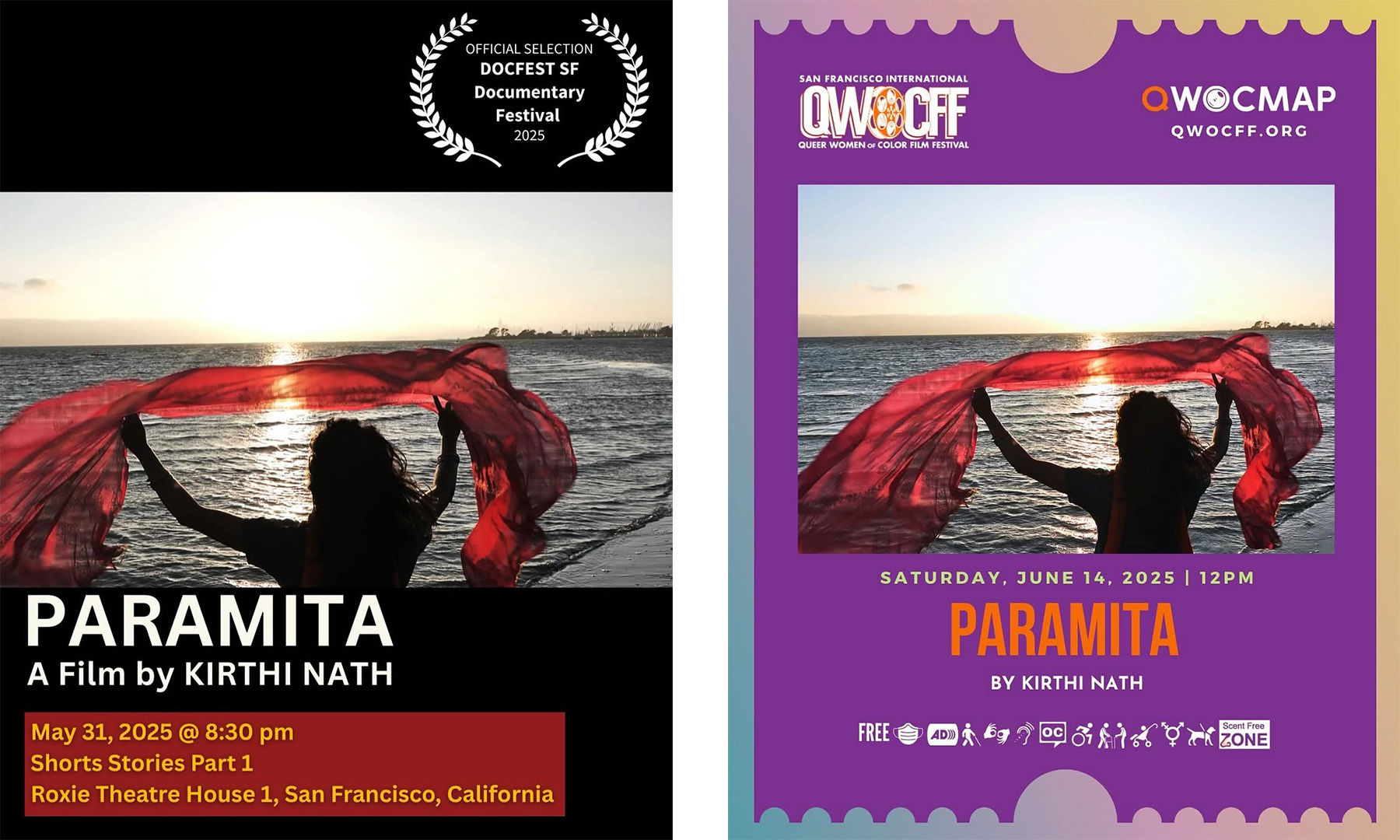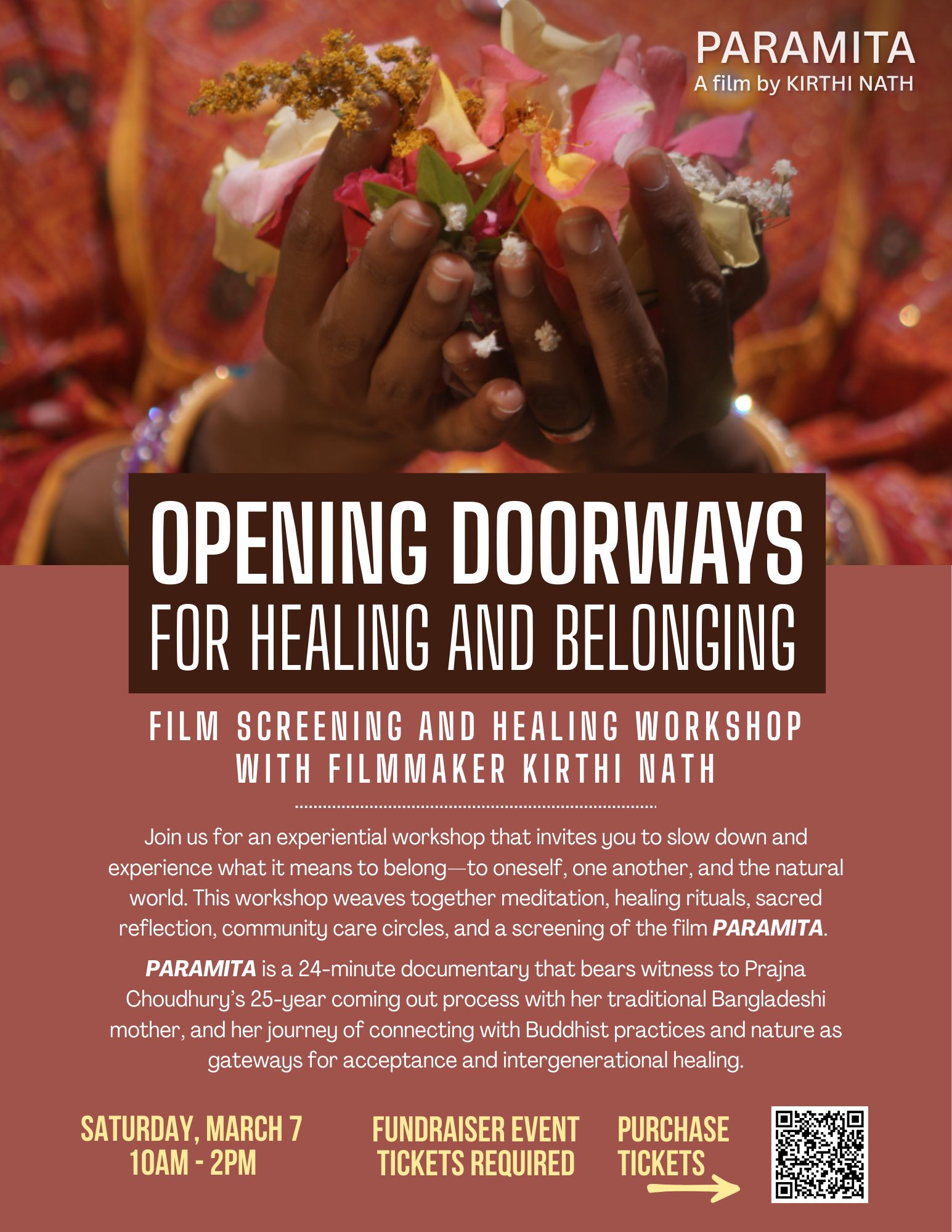
PARAMITA, directed by Re-Take Oakland filmmaker Kirthi Nath will have a film screening and healing workshop on March 7. This experiential workshop invites you to slow down and experience what it means to belong—to oneself, one another, and the natural world. The workshop weaves together meditation, healing rituals, sacred reflection, community care circles, and a screening of the film PARAMITA.
Opening Doorways for Healing and Belonging
Sat, March 7, 10AM-2PM
San Francisco Dharma Collective
PARAMITA is a documentary short that blends poetry, memoir, and prayer to explore the transformative power of mindfulness, acceptance, and belonging. The film bears witness to Prajna Choudhury’s 25-year journey of coming out to her traditional Bangladeshi mother. Told with intimacy, tenderness, and quiet power, PARAMITA invites viewers into a meditative spiritual experience, as Prajna connects with Buddhist practices and nature as pathways to intergenerational healing and reconciliation.
